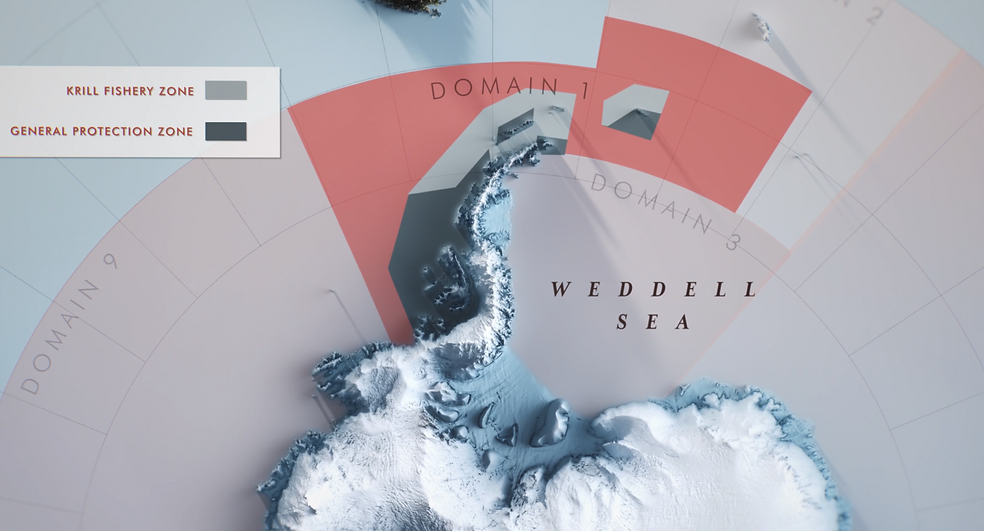ANTARCTICA
DOMAIN ONE
The White Continent. Vast, wild, yet extremely fragile. The coldest place on our planet is also one of the most affected by global warming and needs to be protected. We supported a scientific and adventure expedition and documentary that focused on exploring, documenting, and surfing the South Shetland Islands and the Antarctic Peninsula, specifically in the area known as Domain 1, which is being promoted to be declared a Marine Protected Area.
The White Continent. Vast, wild, yet extremely fragile. The coldest place on our planet is also one of the most affected by global warming and needs to be protected. We supported a scientific and adventure expedition and documentary that focused on exploring, documenting, and surfing the South Shetland Islands and the Antarctic Peninsula, specifically in the area known as Domain 1, which is being promoted to be declared a Marine Protected Area.
Protected areas are very important for mitigating climate change and also for regulating human activities such as concentrated fishing.
Through this scientific and geographical exploration, alongside biologists and Antarctic specialists, this film will help us understand the importance of this area and the threats affecting it. The film will also promote a petition to advance global conservation of the area.
Antarctica is the only continent that belongs to humanity as a whole, and it is ours.
responsibility as inhabitants of this planet to take care of it.

The proposed Domain 1 Marine Protected Area includes two zones:
1. General Protection Zone
It covers two biologically rich areas (the Bransfield and Gerlache Straits) and would prohibit krill fishing in the coastal feeding grounds of Antarctic predators.
2. Krill Fishing Area
This area would allow commercial krill fishing for member countries, under the management of CCAMLR (Convention on the Conservation of Antarctic Marine Living Resources) conservation measures. CCAMLR is working to advance ecosystem-based fisheries management to ensure the long-term survival of the fishery and protect the many species that depend on Antarctic krill.







